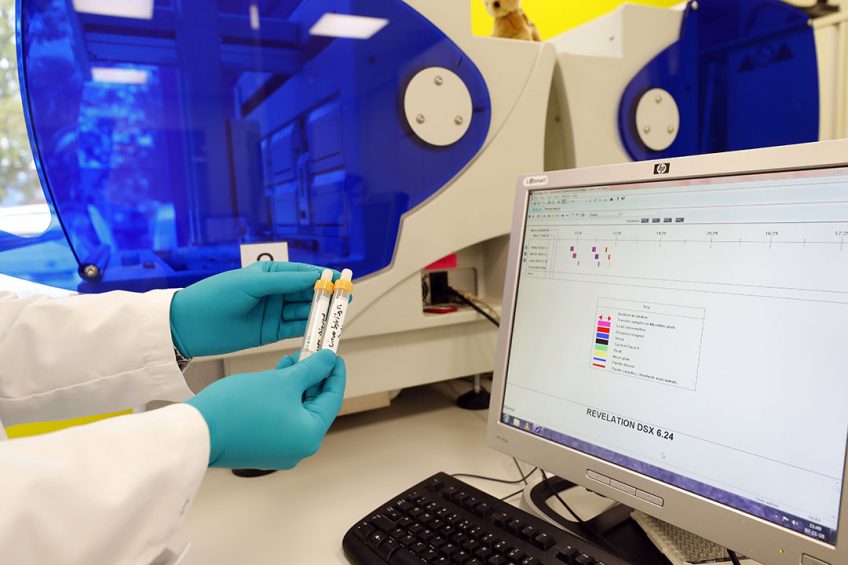Fears of AI human-to-human transmission in Russia

The Russian Union of Poultry Producers (NUPP) has issued a statement ensuring customers that poultry products on the grocery shelves are safe for consumers despite the rising avian influenza (AI) fears.
In late February, Russia reported the first case of bird flu (H5N8) being passed from birds to humans. 7 workers at a poultry farm in Russia’s south were infected with the H5N8 strain in an outbreak dating back to December 2020. This incident is believed to the first confirmed case of H5N8 poultry-to-human transmission in the world.
On 12 March, Anna Popova, head of consumer health watchdog Rospotrebnadzor, raised concerns that the new AI strain could mutate further, leading to a possible human-to-human transmission. “The prediction that this could happen is deemed highly probable,” Popova said, adding that there is still time to prepare for the new threat and to develop new tests and a vaccine. “We want to be prepared for it and warn the entire global community that the danger exists,” she said.
Concerns could impact consumption in Russia
Russian poultry farmers warned that concerns regarding the AI infection could impact poultry consumption in the country. In the statement, the NUPP ensured that, with all sanitary measures in place, the virus would not make it into the supply chain. Broiler meat and other poultry products are safe to eat when properly prepared. “No infected birds made it into the food chain, and consumers can remain confident in the safety of poultry meat. Safeguards are in place to ensure the safety of customers,” the NUPP said.
Russia reports first human infection of H5N8 bird flu
Russia has registered and reported the world’s first transfer of the H5N8 bird flu strain from birds to humans to the World Health Organization (WHO).
The workers at the farm where the AI outbreak was confirmed in December of 2020 likely got infected due to lack of compliance with sanitary regulations. “In the case of a recorded contamination of several employees of a small enterprise in February [when the poultry-to-human transmission was official confirmed], the theory is that safety measures were breached and the farm was non-compliant with veterinary and sanitary requirements by employees,” the NUPP said. Sergei Lakhtyukhov, chairman of NUPP, called AI in Russia “accidental and self-limiting”, adding that both market regulators and business unions are constantly monitoring the presence of AI to ensure the safety of customers.
Join 31,000+ subscribers
Subscribe to our newsletter to stay updated about all the need-to-know content in the poultry sector, three times a week. Beheer
Beheer











 WP Admin
WP Admin  Bewerk bericht
Bewerk bericht